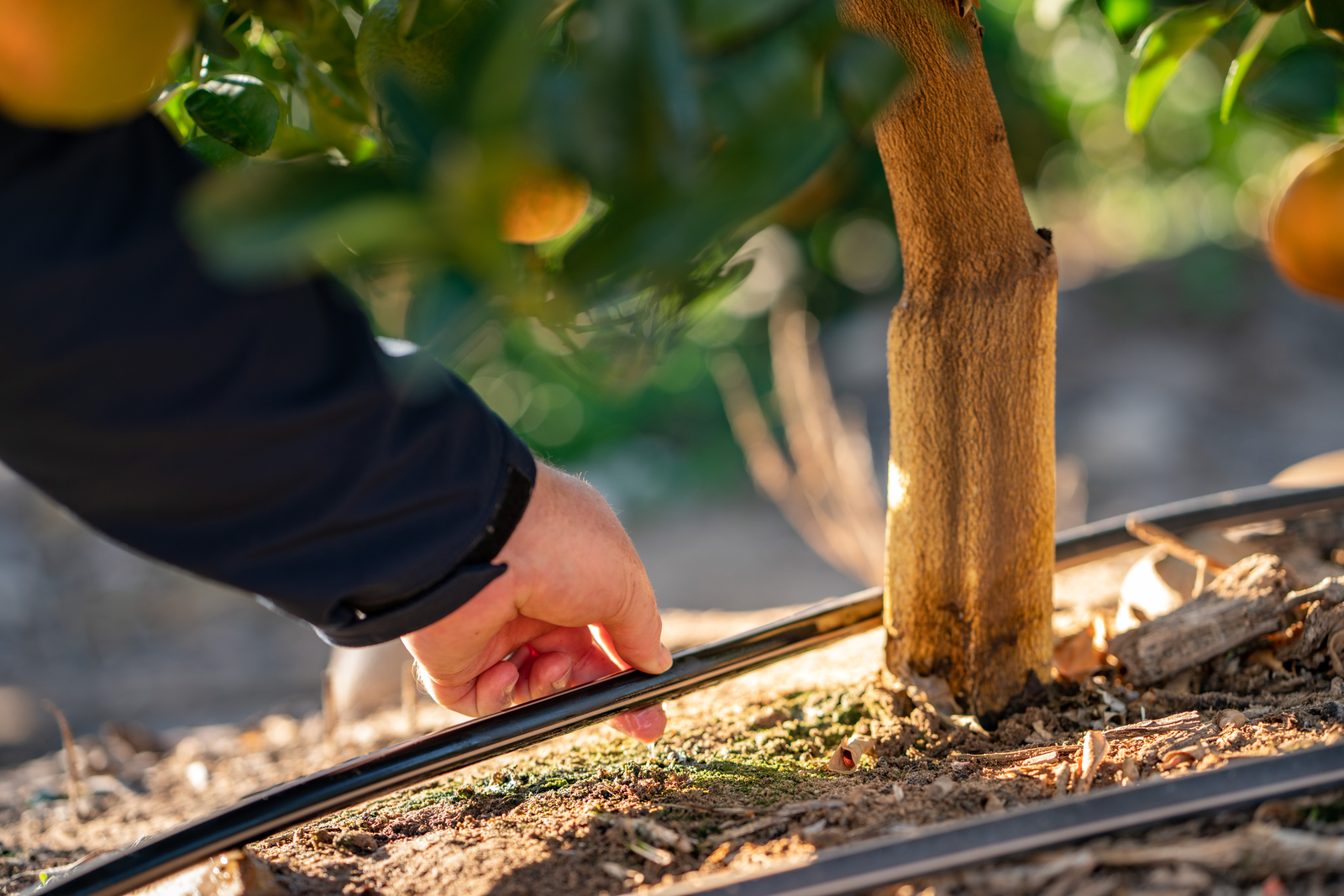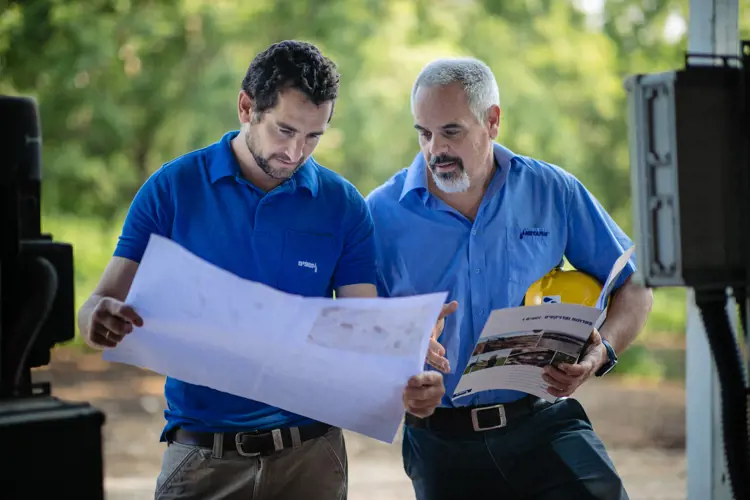Water Positivity - How Do We Get There?
Get ready to hear a lot more about water credits.
The United States is home to some of the world’s most productive farming land. Fertile farmland and water, however, are finite. In order to achieve a sustainable future, water positivity (where entities recycle or replenish more water than they use) must become a cornerstone of agriculture.
We refuse to wait around for large-scale water conservation programs to develop. It’s predicted that, by 2030, there will be a 40% shortfall in freshwater resources. We are treating water utilization as an urgent issue because it is an urgent issue. We are engaging our stakeholders, from local farmers to global corporations, to proactively connect the dots and set up water conservation programs for a more sustainable future.
Like carbon credits, we envision water credits as an integral part of our mission to implement regenerative agriculture practices that dramatically reduce water waste. A system of water credits would enable companies and farmers alike to benefit from water conservation.
Water utilizing and savings can encourage producers to implement water sustainability practices instantly beneficial to eco-conscious farmers, who would be able to monetize water restoration credits and invest the returns in eco-friendly technologies and practices.
This is a preview of how we intend to lead by example by establishing a system that encourages water positivity.
Turning Water Credits into Reality
A recent CNBC article explains how water is the next net-zero environmental target, with multinational companies like Pepsico and Anheuser-Busch pledging to reduce water usage while replenishing water at a higher rate than they consume.
The intent to conserve water resources is already present. What’s needed next is a third-party system that quantifies the water savings from conservation practices. A system for monetizing water restoration credits is not currently in place, so a third-party auditor is needed to measure the amount of water a grower is conserving. A water credit system could be the incentive needed to push farmers to more sustainability-focused practices and farming methods.



Comments
We'd love to hear your thoughts! To enter a comment, type your name and email address.